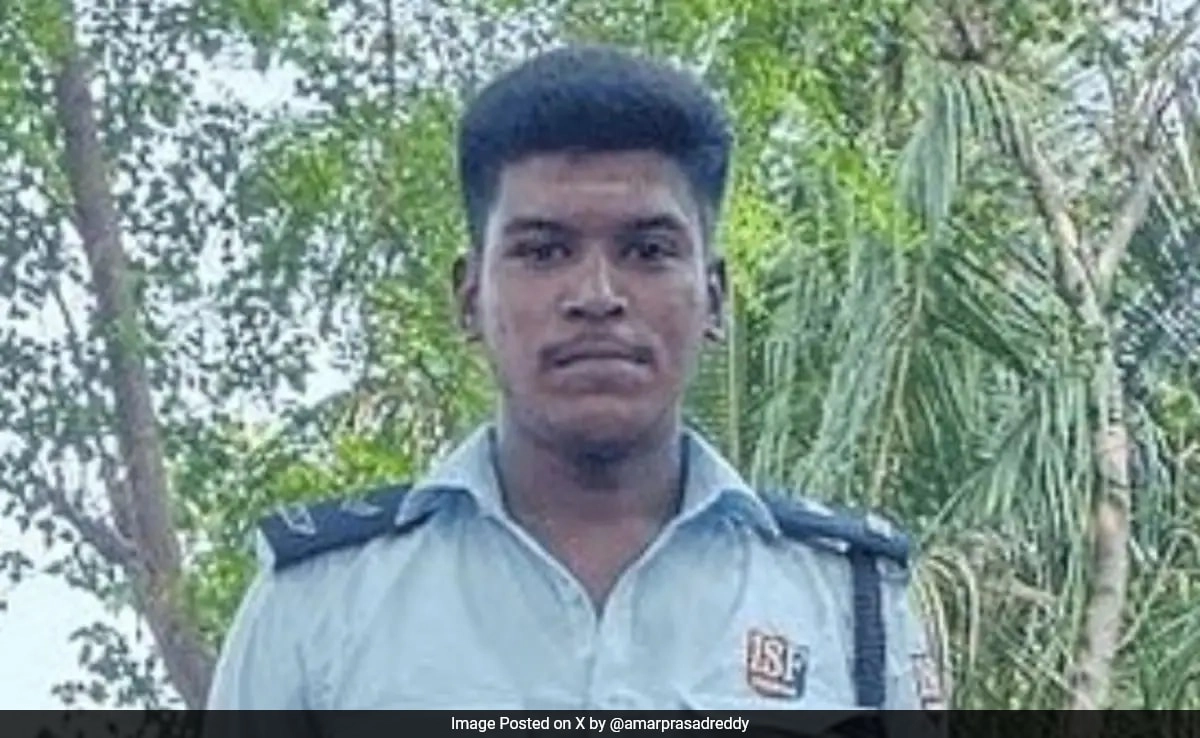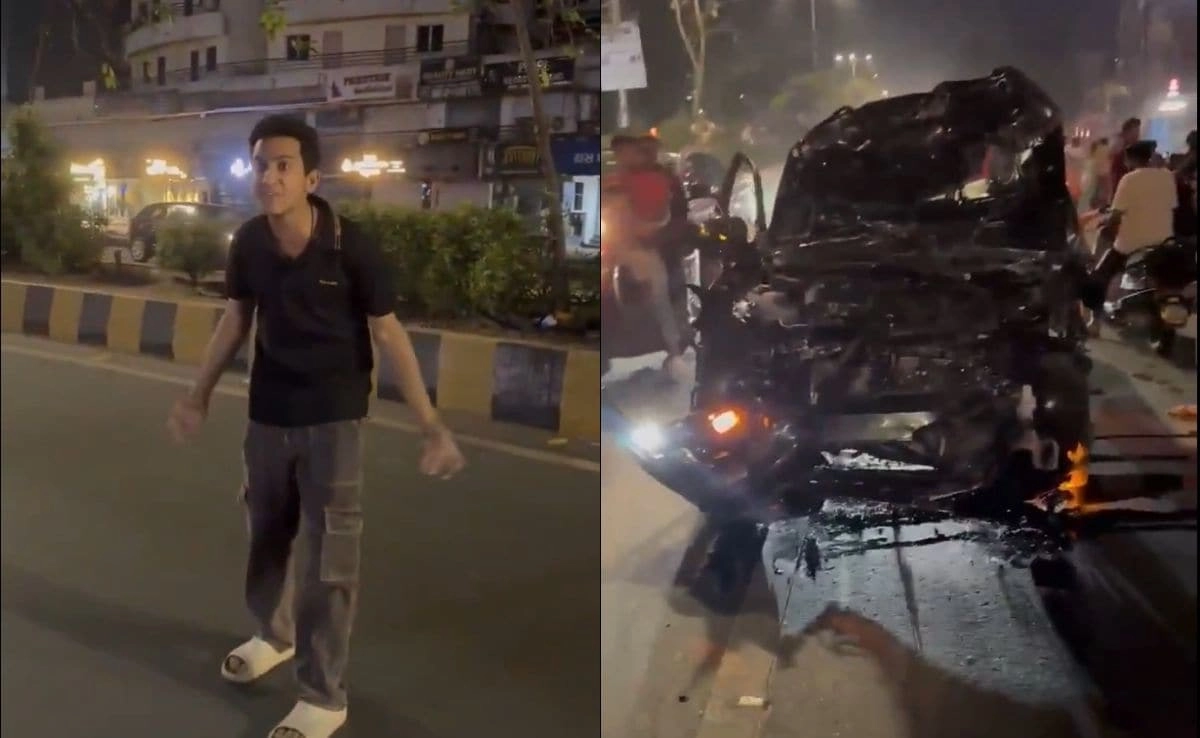The Madras High Court recently made a profound statement regarding the tragic case of custodial death in Tamil Nadu, emphasizing that even a murderer would not resort to such brutal tactics as those employed by the police in this instance. This remark highlights the court’s deep concern over the treatment of individuals in custody and underscores the severe implications of police brutality and misconduct. The case, which has drawn widespread attention, raises critical questions about the integrity of law enforcement practices and the protection of human rights within the criminal justice system.
Custodial deaths are a grave violation of human rights and serve as a stark reminder of the need for accountability and reform within police departments. The court’s comments reflect an urgent call for systemic changes to prevent such incidents from reoccurring. Authorities are tasked with safeguarding the rights and dignity of every individual, regardless of their circumstances, and the judiciary’s role is pivotal in ensuring that these rights are upheld. The Madras High Court’s intervention serves to reaffirm the judiciary’s commitment to justice and the rule of law.
Moreover, this incident sheds light on the broader societal implications of custodial violence, which erodes public trust in law enforcement agencies. When citizens perceive the police as oppressors rather than protectors, it creates a chasm between the community and law enforcement, making it increasingly difficult to maintain order and safety. The court’s condemnation of such actions is an essential step toward restoring faith in the justice system and ensuring that the rights of the vulnerable are prioritized.
As the legal proceedings unfold, it is crucial for the state to take proactive measures to address these abuses and implement reforms that promote transparency and accountability within the police force. The Madras High Court’s stance serves as a clarion call for justice, urging authorities to take a hard look at the practices that lead to custodial deaths and to work diligently to foster a culture of respect for human rights. The hope is that through these efforts, the tragic loss of life can serve as a catalyst for meaningful change, ensuring that no individual endures such suffering at the hands of those sworn to protect them.




